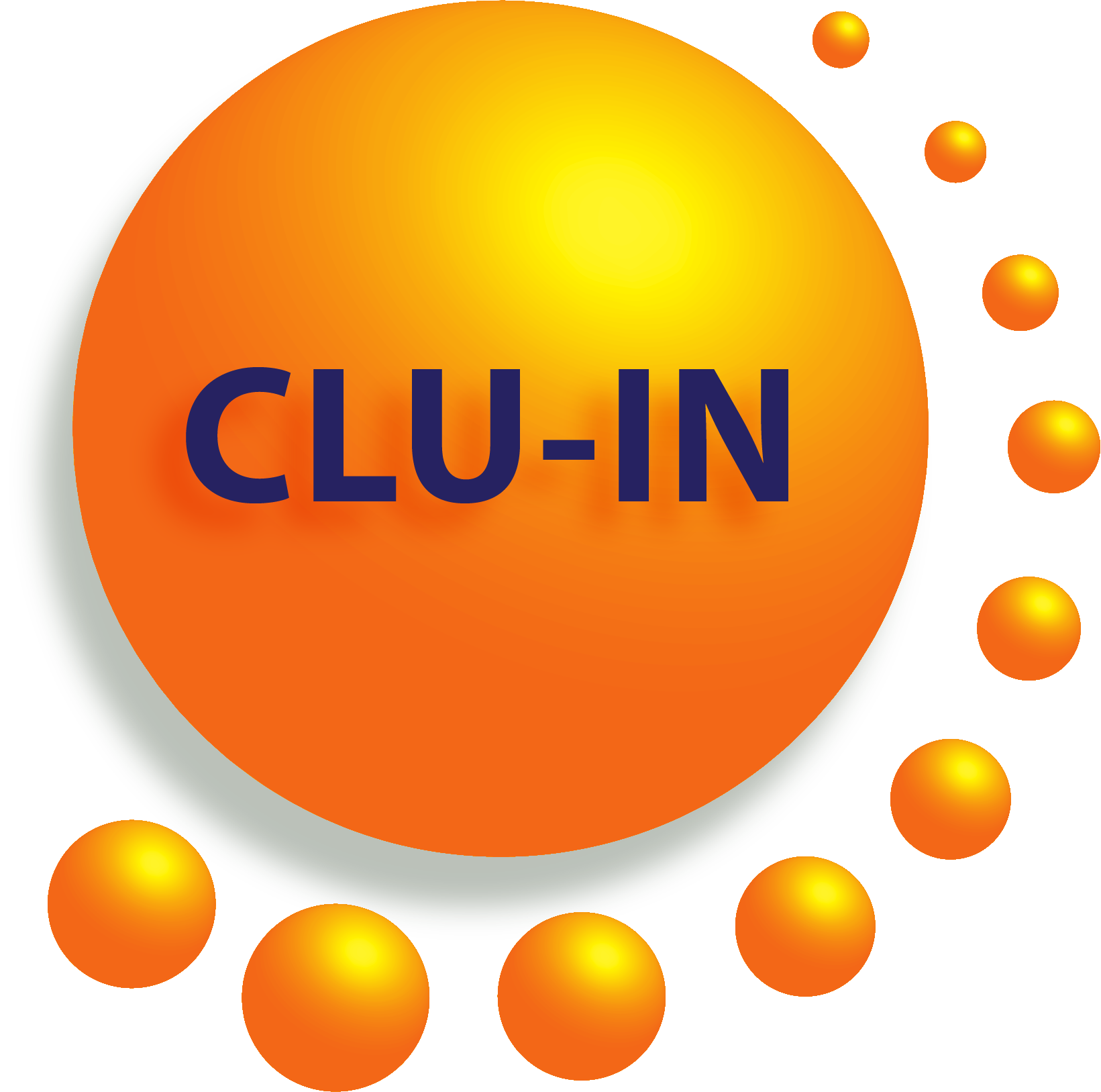SBIR/STTR Funding Opportunities for Water Nanotechnologies
Sponsored by: U.S. Environmental Protection Agency (EPA) and the National Nanotechnology Initiative (NNI)
This webinar will offer small businesses and academic researchers an opportunity to hear from some of the Federal agencies that fund water technologies, with a special focus on investments in nanotechnology-enabled solutions. Webinar speakers will describe the fundamental goals of the Small Business Innovation Research (SBIR) and Small Business Technology Transfer (STTR) programs at various agencies and share details of current and upcoming solicitations.
The SBIR and STTR programs fund a diverse portfolio of startups and small businesses across technology areas and markets to stimulate technological innovation, meet Federal research and development (R&D) needs, and increase commercialization to transition R&D into impact.
The webinar will be co-hosted by the U.S. Environmental Protection Agency (EPA) and the National Nanotechnology Initiative (NNI). Representatives from the EPA, the National Institute of Environmental Health Sciences (NIEHS), the National Oceanic and Atmospheric Administration (NOAA), and the National Science Foundation (NSF) will provide an overview of their current and upcoming SBIR/STTR funding opportunities for water nanotechnologies. The agencies' presentations will be followed by a Q&A session.
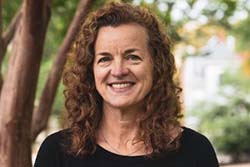 April Richards, U.S. Environmental Protection Agency (Richards.April@epa.gov)
April Richards, U.S. Environmental Protection Agency (Richards.April@epa.gov)
April Richards is the Program Manager of the Small Business Innovation Research (SBIR) Program for the U.S. Environmental Protection Agency (EPA). The EPA's SBIR program focuses on supporting small businesses to develop and commercialize novel environmental technologies which address EPA's mission to protect human health and the environment in areas such as clean and safe water, climate and air quality, land revitalization, homeland security, sustainable materials management and safer chemicals. She has worked at EPA for over 15 years. April has worked as a fellow on the Senate Environment and Public Works Committee where she provided technical expertise on environmental issues. She previously worked for an environmental engineering consulting firm in Florida primarily in drinking water treatment. She has a M.S. in civil/environmental engineering from the University of Miami and a B.S. in mathematics from Tufts University. She is also a professional engineer.
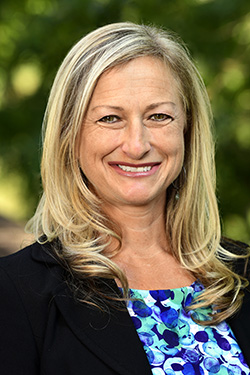 Heather F. Henry, Ph.D., Program Administrator, NIEHS Superfund Research Program (heather.henry@nih.gov)
Heather F. Henry, Ph.D., Program Administrator, NIEHS Superfund Research Program (heather.henry@nih.gov)
Heather Henry, Ph.D., is a health science administrator for the NIEHS where she oversees Superfund Research Program (SRP) grants that spans human health toxicology, risk assessment, detection technologies and remediation approaches. She provides guidance to potential applicants for SRP’s Multiproject Center Grants (P42s), Individual Research Grants (R01s), Small
Business / Technology Transfer Grants (R41-44; SBIR/STTR), and Conference Grants (R13). Heather studied plant-based environmental remediation
(phytoremediation) and ecological restoration as part of her doctoral work at the University of Cincinnati and as a Fulbright Postdoctoral Fellow at the University of Melbourne and University of Adelaide in Australia. She has been with NIEHS since 2006.
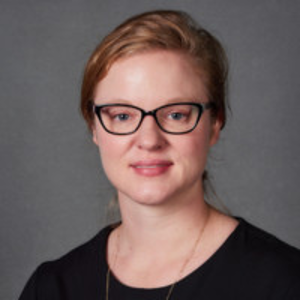 Genevieve Lind, Ph.D., National Oceanic and Atmospheric Administration (genevieve.lind@noaa.gov)
Genevieve Lind, Ph.D., National Oceanic and Atmospheric Administration (genevieve.lind@noaa.gov)
Dr. Genevieve Lind (she/her) is the SBIR Program Manager at the National Oceanic and Atmospheric Administration (NOAA). She brings years of experience in the SBIR/STTR and technology development space at the National Institute of Neurological Disorders and Stroke (NINDS), National Heart, Lung, and Blood Institute (NHLBI), and Small Business Administration, having started her federal career as a AAAS Science and Technology Policy Fellow. Prior to her fellowship, she served as an AmeriCorps VISTA (Volunteer In Service To America) at Blackstone LaunchPad at the University of Montana, a university-based innovation and entrepreneurship center. She holds a Ph.D. in Neuroscience from the University of Montana.
 Rajesh Mehta, Ph.D., National Science Foundation (rmehta@nsf.gov)
Rajesh Mehta, Ph.D., National Science Foundation (rmehta@nsf.gov)
Rajesh Mehta has been a SBIR/STTR Program Director since 2012. Prior to joining NSF in 2012, he was a senior research technologist at Kodak where his 26-year career spanned work at Kodak Research Laboratories, and Manufacturing Research and Engineering Organization. His work covered a broad range of materials science based technologies related to photographic film and paper manufacturing, thermal, inkjet, and electro-photographic printing, and OLED device manufacturing. He has a B. Tech. degree in Chemical Engineering from Indian Institute of Technology, Bombay, M.S. and Ph.D. degrees in Chemical Engineering from Penn State, a post-doctoral fellowship at Imperial College, and a M.S. degree in New Product Development from Rochester Institute of Technology.
Moderator:
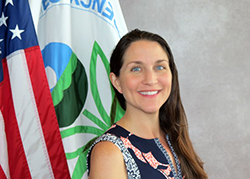 Jean Balent, U.S. EPA Office of Superfund and Emergency Management (OSEM) (balent.jean@epa.gov or 202-566-0832)
Jean Balent, U.S. EPA Office of Superfund and Emergency Management (OSEM) (balent.jean@epa.gov or 202-566-0832)
Ms Balent is on the staff of the EPA's Technology Innovation and Field Services Division where she has worked to collect and disseminate hazardous waste remediation and characterization information since 2003. Ms Balent manages the Clean Up Information Network website and actively supports online communication and collaboration resources available to EPA. She formerly worked with the US Army Corps of Engineers Environmental Engineering Division in the Buffalo District. Ms Balent was also a member of the SUNY-Buffalo Groundwater Research Group where she constructed and tested large scale models of groundwater flow. Ms Balent has also conducted research relating to the Great Lakes, environmental remediation, and brownfields re-development. She holds a Bachelor's degree in environmental engineering from SUNY-Buffalo and a Master's degree in Information Technology from AIU.
Webinar Slides and References:
-
 Slide Presentation for Genevieve Lind, Ph.D., National Oceanic and Atmospheric Administration (3.10MB/PDF)
Slide Presentation for Genevieve Lind, Ph.D., National Oceanic and Atmospheric Administration (3.10MB/PDF)
-
 Slide Presentation for Rajesh Mehta, Ph.D., National Science Foundation (1.54MB/PDF)
Slide Presentation for Rajesh Mehta, Ph.D., National Science Foundation (1.54MB/PDF)
-
 Slide Presentation for April Richards, U.S. Environmental Protection Agency (1.40MB/PDF)
Slide Presentation for April Richards, U.S. Environmental Protection Agency (1.40MB/PDF)
Additional Resources:
- Small Business Innovation Research (SBIR) and Small Business Technology Transfer (STTR) Programs
- Other SBIR/STTR programs that support water nanotechnologies
- National Nanotechnology Initiative (NNI)
- NNI industry resources
 SBIR/STTR Funding Opportunities for Water Nanotechnologies: Information Package
SBIR/STTR Funding Opportunities for Water Nanotechnologies: Information Package
Thank you for participating in our webinar. We would like to receive any feedback you might have that would make this service more valuable.
Help & FAQs
- Frequently Asked Questions
- Content Questions?
Call Maria Fernando Campo at 434-466-4103 or mcampa@nnco.nano.gov - Technical Problems?
Leave us a comment - Cancel Your Registration
- My Participation Records
- CEU Credits and PDHs
Zoom Resources
Before Webinar Day
This seminar will be delivered through Zoom. Participants are encouraged to update to the latest version of the Zoom application for the best experience.
If you are unable to install the Zoom application, most functions will be available if you join just using a modern web browser such as Chrome, Edge or Firefox. We strongly encourage you to run the Zoom Meeting Test prior to attending this webinar. Technical support on the day of the webinar will be very limited and subject to significant delays.
Backup Conference Call
If you cannot participate using online audio, you may join the optional call in line. After checking in for the live event using the instructions listed below, you will see several options to participate. Please click the links in option 4 to follow along by phone and obtain the call in number. If you cannot access the phone number, you may request the call in line from the event moderator in the Q&A or send an email to Jean Balent at balent.jean@epa.gov
Click on "Join Webinar" at the top of this screen, enter your exact first and last name as you registered and enter the number of people attending at your location (including yourself). You should then be taken to the Zoom meeting room. Join with Zoom Application: For those joining with the Zoom application, you may be prompted to sign with a zoom account or join as a guest without signing in.
If joining as a guest, you will be prompted to enter your name and email address. Remember your name, image, video or voice may be visible to others in the live event. When done, click "Join" When it is time for the live event to start, the meeting host will admit you to the live Zoom meeting. Join via web browser (without the Zoom Application): For those joining with a web browser, you may close any pop ups prompting you to download the Zoom app. The next window will allow you to enter your name (first name and last name) and check the box that you are not a robot. Click the blue join button. You may also be asked to provide your email address before joining the room. Remember your name, image, video or voice may be visible to others in the live event. When done, click "Join" When it is time for the live event to start, the meeting host will admit you to the live Zoom meeting. You may need to periodically refresh the browser window to confirm if the host has admitted you. The presenters will control what slide you are viewing. You may submit questions online for the instructors to answer during the webinar by typing in the "Q&A" area. It is not necessary to wait until the question and answer periods to submit questions. At the end of the webinar you will be guided to our feedback form and links to additional resources, including the complete presentation. These links will remain active after the webinar. Provided for your convenience. Importing or accepting the invitation within this iCalendar file is not required, and declining the invitation does not cancel your registration. For additional information on iCalendar, please see our
iCalendar Help It is EPA's policy to make reasonable accommodation to persons with disabilities wishing to participate in the agency's programs and activities, pursuant to the Rehabilitation Act of 1973, 29 U.S.C. 791. Any request for accommodation should be made to at or , preferably one week or more in advance of the webinar, so that EPA will have sufficient time to process the request. EPA would welcome specific recommendations from requestors specifying the nature or type of accommodation needed. EPA welcomes specific recommendations from requestors specifying the nature or type of accommodation needed. Please note that CLU-IN provides both alternate phone call-in options and closed captioning for all webinars, and requests for these specific accommodations are not necessary.
Webinar Day, Checking In
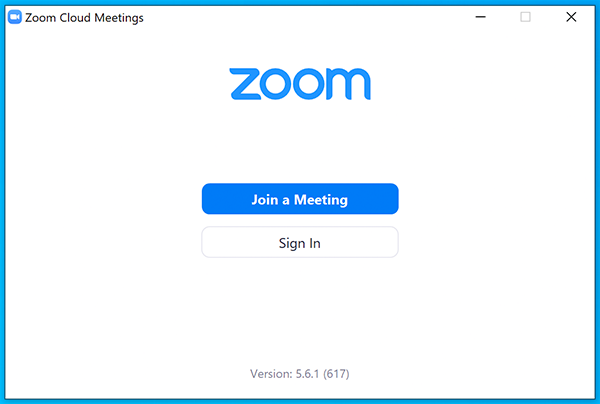
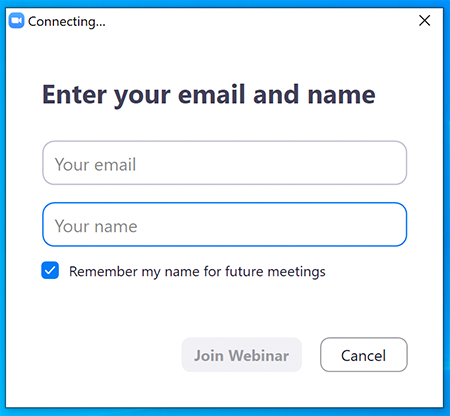
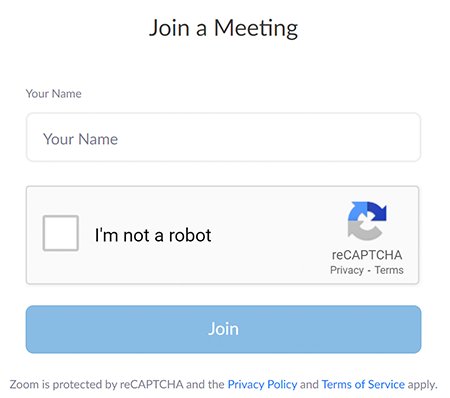
Moving Through Slides
Feedback & Links to Additional Resources
iCalendar File
Rehabilitation Act Notice for Reasonable Accommodation
Rehabilitation Act Notice for Reasonable Accommodation
It is EPA's policy to make reasonable accommodation to persons with disabilities wishing to participate in the agency's programs and activities, pursuant to the Rehabilitation Act of 1973, 29 U.S.C. 791. Any request for accommodation should be made to at or , preferably one week or more in advance of the webinar, so that EPA will have sufficient time to process the request. EPA would welcome specific recommendations from requestors specifying the nature or type of accommodation needed. EPA welcomes specific recommendations from requestors specifying the nature or type of accommodation needed. Please note that CLU-IN provides both alternate phone call-in options and closed captioning for all webinars, and requests for these specific accommodations are not necessary.
Webinar Recording
By participating in this CLU-IN webinar, you automatically agree to authorize recording of audio and visual content presented during this live event and consent to subsequent use of this recording in the public domain by the U.S. Environmental Protection Agency. This recording may include questions, comments and poll responses provided by you during the live event in addition to your name, voice, image or likeness. This recording will be made available after the conclusion of the live event as part of the CLU-IN webinar archives, and will remain available indefinitely. If you do not wish to consent to the recording, please do not join the live event, and contact Jean Balent at 202-566-0832 or balent.jean@epa.gov to discuss your concerns.
Content Disclaimer
This webinar is intended solely to provide information to the public. The views and opinions expressed as part of this webinar do not necessarily state or reflect those of the U.S. Environmental Protection Agency. It is not intended, nor can it be relied upon, to create any rights enforceable by any party in litigation with the United States, or to endorse the use of products or services provided by specific vendors. With respect to this webinar, neither the United States Government nor any of their employees, makes any warranty, express or implied, including the warranties of merchantability and fitness for a particular purpose, or assumes any legal liability or responsibility for the accuracy, completeness, or usefulness of any information, apparatus, product, or process disclosed, or represents that its use would not infringe privately owned rights.

